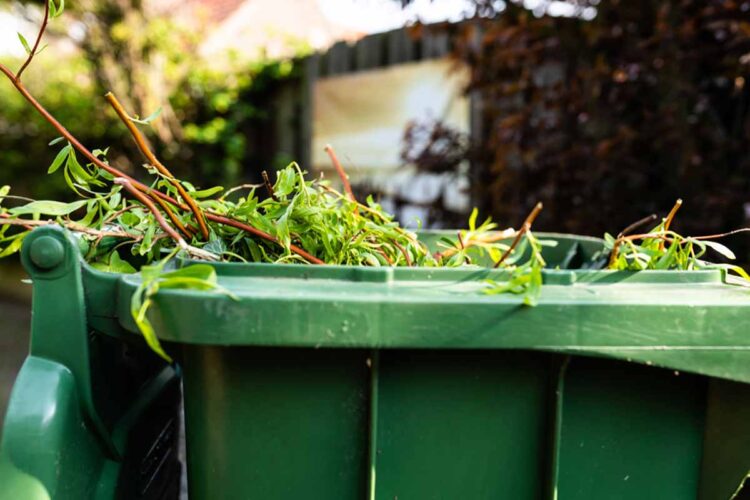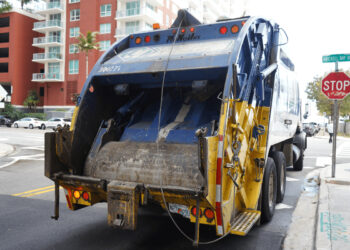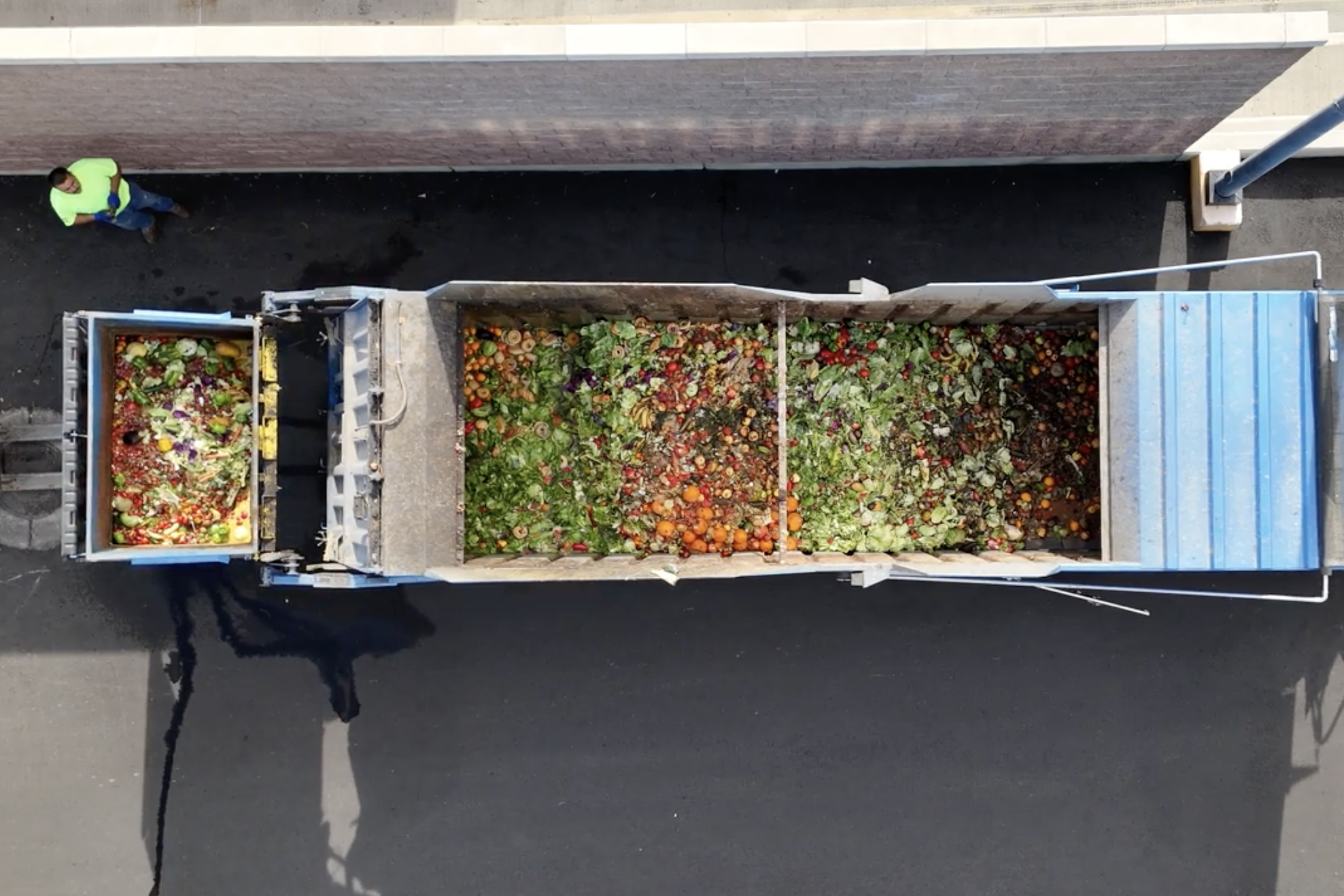An industry group released labeling guidelines to keep non-compostable packaging out of the green bin, and New York provided an overview of updates to the state’s food scraps recycling law.
Ensuring proper curbside composting: The Biodegradable Products Institute (BPI) released a set of guidelines covering labeling and identification of compostable products and packaging. The resource is geared toward establishing consistent, category-specific guidelines that “make it easy for consumers, composters and others to identify compostable products and packaging, with the goals of reducing contamination, facilitating food scrap composting programs and decreasing landfill methane production.”
According to BPI, non-compostable packaging materials that look like truly compostable options have created significant contamination problems. The disruption has led some composting companies to stop accepting certified compostable items.
The guide is designed for product and packaging manufacturers and brand owners but may also be useful to composters and state and local governments, according to BPI.
Organization expands resource list: The Northeast Recycling Council (NERC) added dozens of entries to its database of community composting resources, after receiving a grant from the U.S. Department of Agriculture. NERC “worked with community composting sites in six states to develop and expand such programs,” the organization wrote.
The list of resources, all of which are free to download, includes information on planning community composting sites, ensuring regulatory compliance, volunteer training and retention, and more.
Updates to New York law: The New York Department of Environmental Conservation (DEC) recently held a webinar covering updates to the state’s Food Donation & Food Scraps Recycling Law. The updates will take effect Jan. 1, 2022. A recording of the webinar is now available.
The changes will require businesses that generate more than 2 tons per week to “donate their excess edible food and recycle all remaining food scraps if they are within 25 miles of a food scraps recycler.”
Statewide composting requirement: Communities across Vermont are delving deeper into organics diversion, after a statewide landfill ban on food scraps took effect in July. The regulation is part of the final phase of a 2012 recycling and composting law, according to VT Digger, and it is leading to a “dramatic increase” in food scrap diversion, multiple haulers and composters told the newspaper. Vermont’s law is the first statewide composting requirement in the U.S. for residents and businesses, according to the Elko Daily Free Press.

























